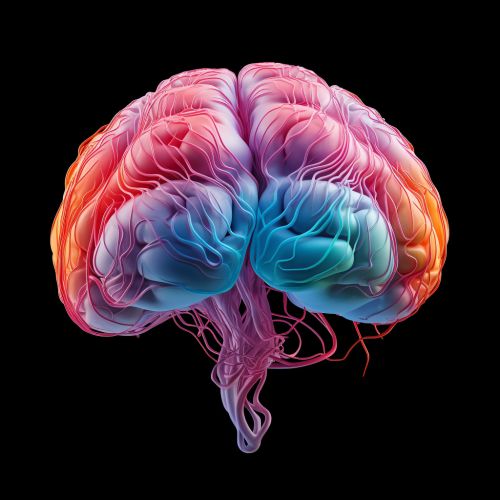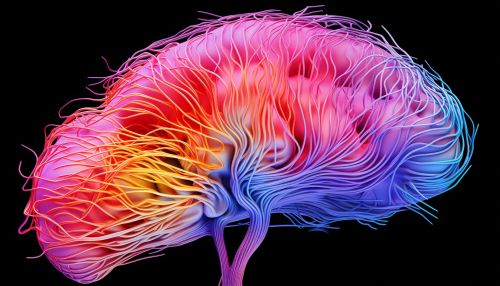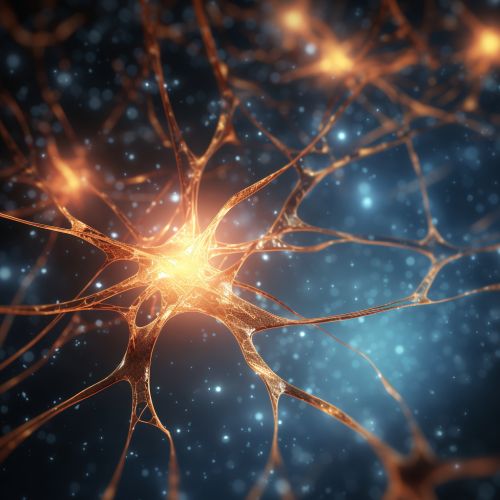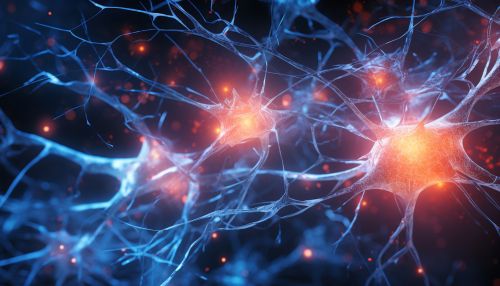The Science of Human Cognitive Styles in Working Memory
Introduction
The science of human cognitive styles in working memory is an extensive field of study within cognitive psychology and neuroscience. It explores the ways in which individuals process, store, and retrieve information, with a specific focus on the working memory system. This article delves into the intricate details of this subject, providing a comprehensive understanding of the different cognitive styles and their impact on working memory.


Cognitive Styles
Cognitive styles refer to the preferred way an individual processes information. Each person has a unique way of understanding and organizing information, which is largely dependent on their cognitive style. Some of the most researched cognitive styles include field dependence-independence, reflectivity-impulsivity, and holistic-analytic thinking.
Working Memory
Working memory, a key component of the Baddeley's model of working memory, is the system that actively holds multiple pieces of transitory information in the mind, where they can be manipulated. It plays a crucial role in areas such as decision making, reasoning, and learning.


Cognitive Styles and Working Memory
The relationship between cognitive styles and working memory is complex and multifaceted. Different cognitive styles can influence the capacity and efficiency of working memory, affecting how information is processed and recalled.
Field Dependence-Independence
Field-dependent individuals tend to rely on external frames of reference, while field-independent individuals use internal frames of reference. This cognitive style can influence working memory capacity, as field-independent individuals may have a greater ability to separate information from its context, potentially enhancing working memory performance.
Reflectivity-Impulsivity
Reflective individuals tend to take a more thoughtful and deliberate approach to processing information, while impulsive individuals make quick, less considered decisions. Reflective individuals may utilize working memory more efficiently, as their approach allows for more effective information processing and storage.
Holistic-Analytic Thinking
Holistic thinkers process information in its entirety, while analytic thinkers break down information into its constituent parts. This cognitive style can influence the way information is organized in working memory, potentially affecting recall and comprehension.


Implications
Understanding the relationship between cognitive styles and working memory can have significant implications in various fields, such as education, psychology, and neuroscience. It can help in developing strategies to enhance learning and memory, and in understanding individual differences in information processing.
